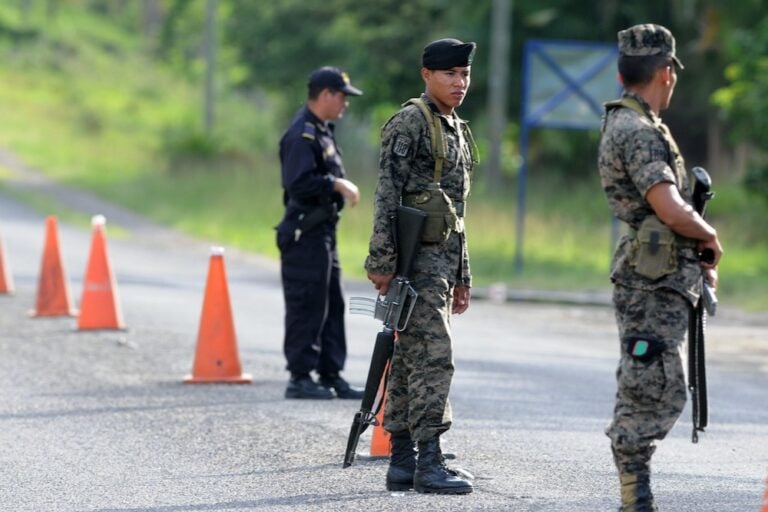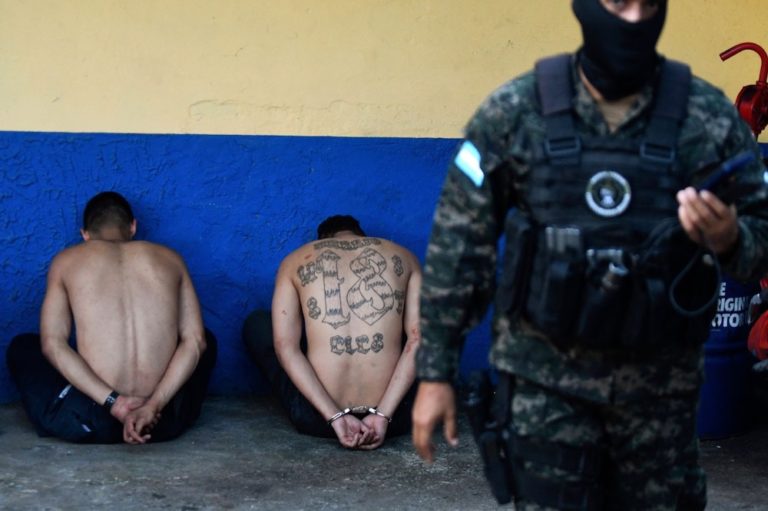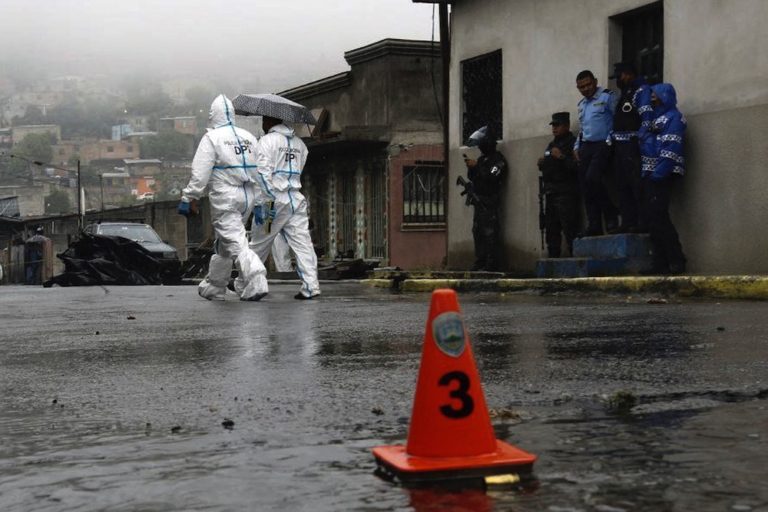(PROBIDAD/IFEX) – The Transparency Law, which deals with access to public information and the legal principle of “habeas data” in Honduras, was rejected again by the Legislative Assembly. Influencing this outcome was the pressure exerted by interest groups seeking to preserve a culture of secrecy and impunity in this Central American nation. The proposed Law, […]
(PROBIDAD/IFEX) – The Transparency Law, which deals with access to public information and the legal principle of “habeas data” in Honduras, was rejected again by the Legislative Assembly. Influencing this outcome was the pressure exerted by interest groups seeking to preserve a culture of secrecy and impunity in this Central American nation.
The proposed Law, designed to ensure transparency and to combat corruption, was presented to Congress by President-elect Manuel Zelaya Rosales, of the governing Liberal Party. Despite support from the leftist Democratic Union party (Unificación Democrática, UD), however, the Law did not make it over the obstructive wall of the legislature, hobbled as the effort was by disinformation, a lack of consensus, and – above all – the fear of offending the powers that be.
President-elect Zelaya had promised in his electoral campaign that, upon coming to office for a four-year term on 27 January 2006, he would triumph the Transparency Law as well as the Law of Citizen Participation. The latter law was, in fact, approved by Congress – with significant amendments to the original version, according to the local press.
Nonetheless, Zelaya did not expect that, among the 62 members of Congress from his own Liberal party, there would be a lack of consensus with regard to the Transparency Law. Support was even less forthcoming from the other parties represented in Congress: the National Party (Nacional), the Innovation and Unity Party (Partido de Innovación y Unidad, Pinu), and the Christian Democracy Party (Democracia Cristiana, DC). Only the UD demonstrated its will to pass the law.
Being a secondary law, the Transparency Law requires only 65 votes to be approved by a simple majority. The Liberal Party has 62 members of Congress and the UD has 5 parliamentarians. In theory, the passing of the law should be simple, but in practice it has become clear that parliamentary support is weak, and so the law remains in limbo, awaiting the political will required for its further consideration and approval, at some unspecified future date.
In the words of his inaugural address, new head of state Zelaya called upon parliamentarians to demonstrate their “good will” by approving the Transparency Law “within the next few days” because “Honduras needs this law – it is important for the development of the country.”
Currently, the bill has been turned over to a review commission composed of two members of Congress from the opposition National Party, one from the governing Liberal Party, and one from the DC. The commission members are considered to represent a strongly conservative wing that answers, for the most part, to interests not necessarily political in nature.
The Transparency Law encompasses the basic set of concerns relating to access to public information and the legal principle of “habeas data”, and has been stalled for more than a year in the National Congress. Leo Valladares, the renowned judge who played a consultative role in the development of the two proposed laws – the Law on Access to Public Information and the Transparency Law – is of the opinion that the latter embodies a positive legal spirit in seeking to render transparent public action, and to guarantee the right to individual privacy.
This opinion is shared in part by the members of the 72 Alliance (Alianza 72), a coalition of civil society organizations that is coordinated by the Committee for Free Expression (Comité por la Libre Expresión, C-Libre). They object to the fact that the new bill does away with the proposed National Council on Access to Public Information, intended as the institutional guarantor of the law’s full and proper implementation.
The 72 Alliance has announced, in a media statement which reviews the chronology to date of the Law’s fate, that it is in a state of “permanent alert”, and intends to follow the planned Congressional debate on the law very closely, to ensure that it is not undermined by base interests but, instead, emerges as a useful tool for dispelling corruption and secrecy in Honduras.


